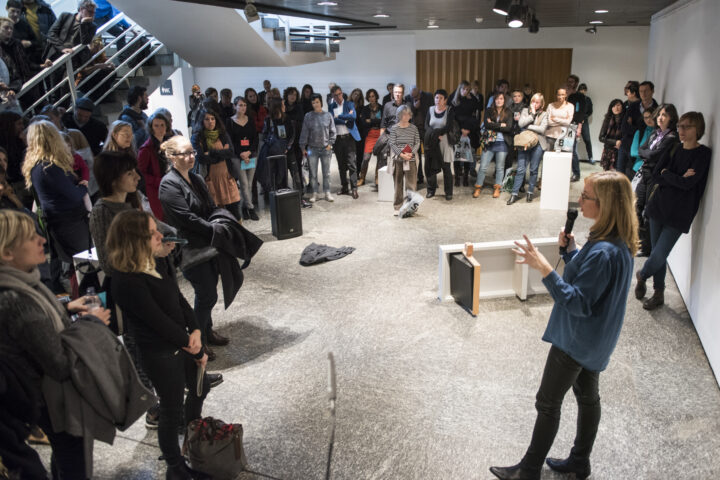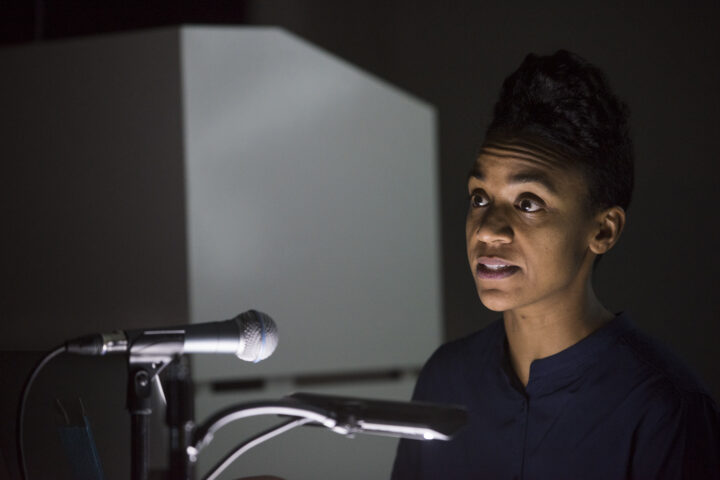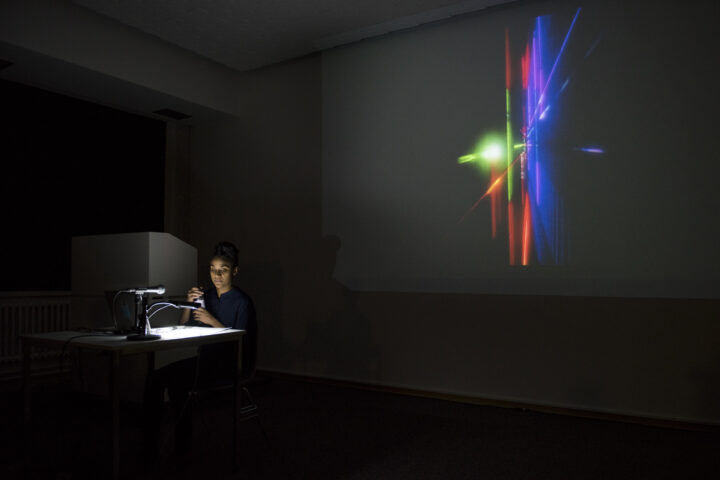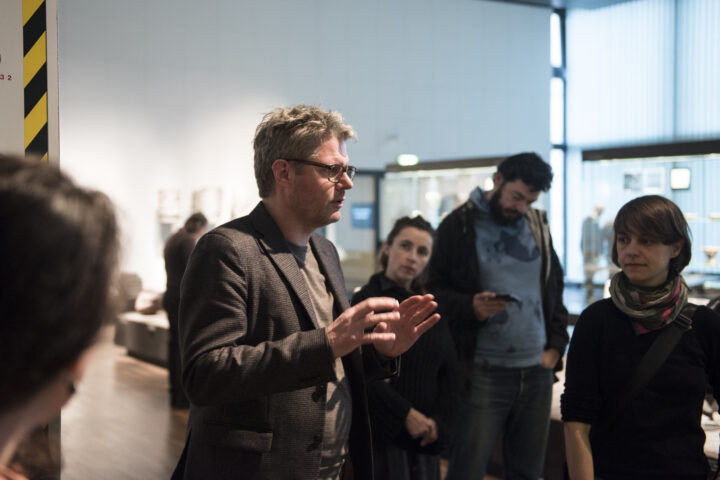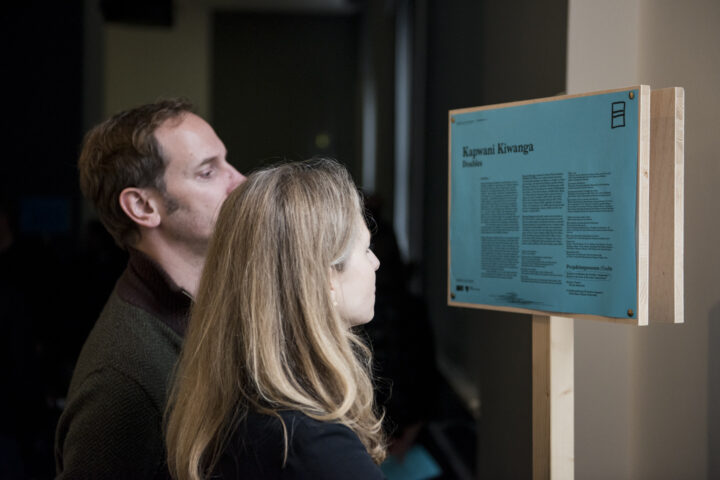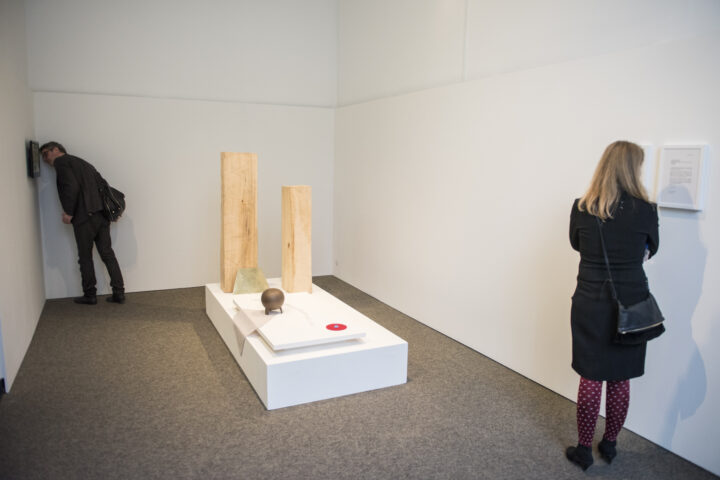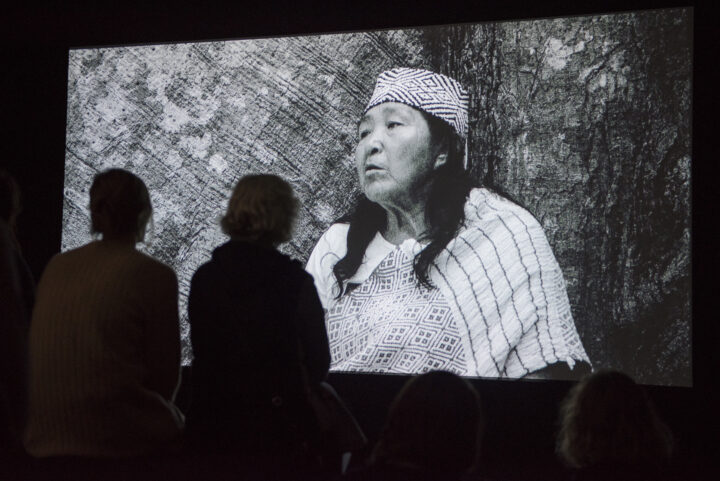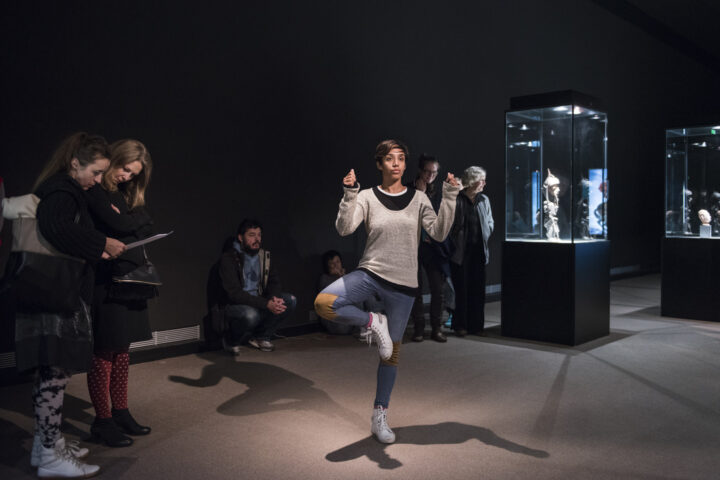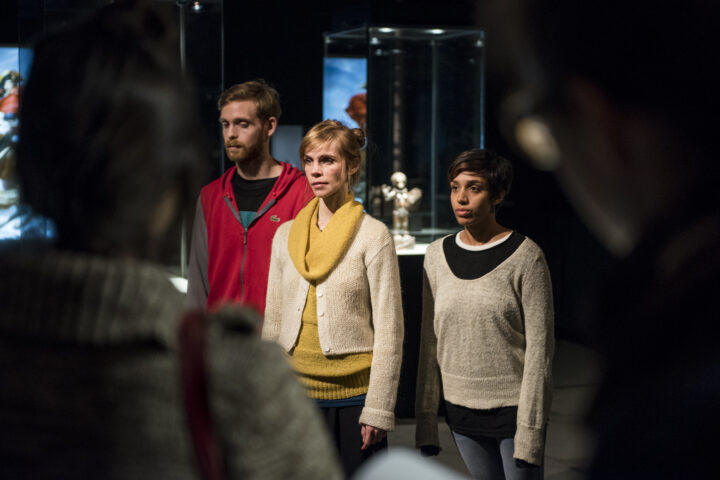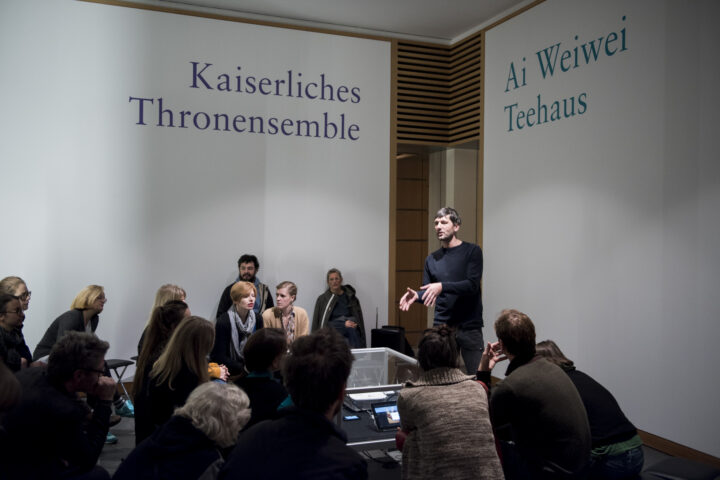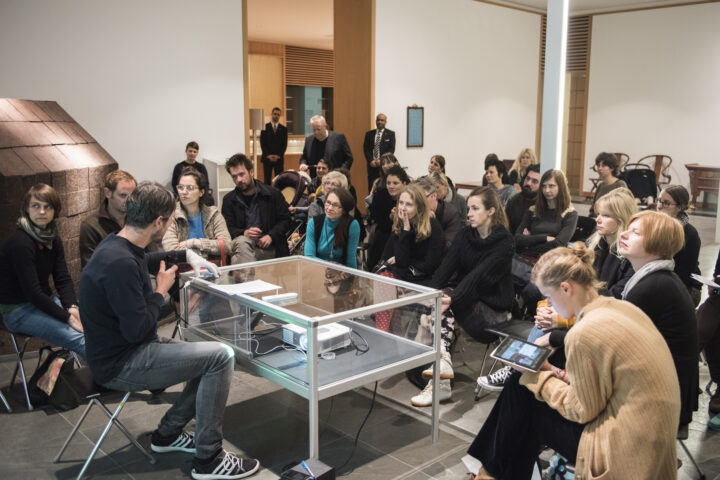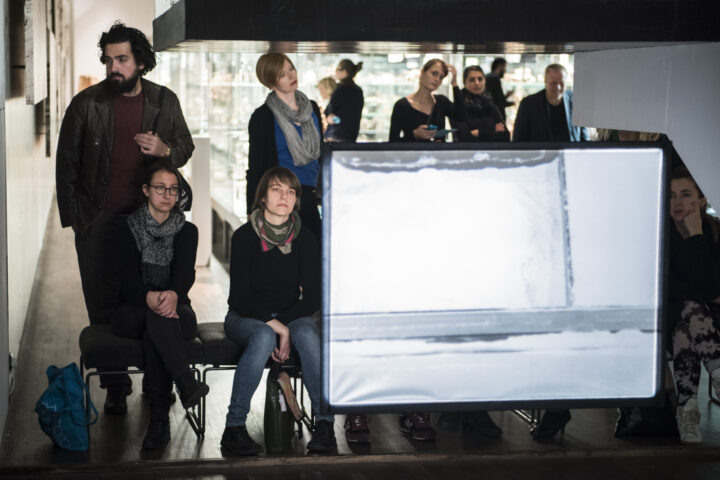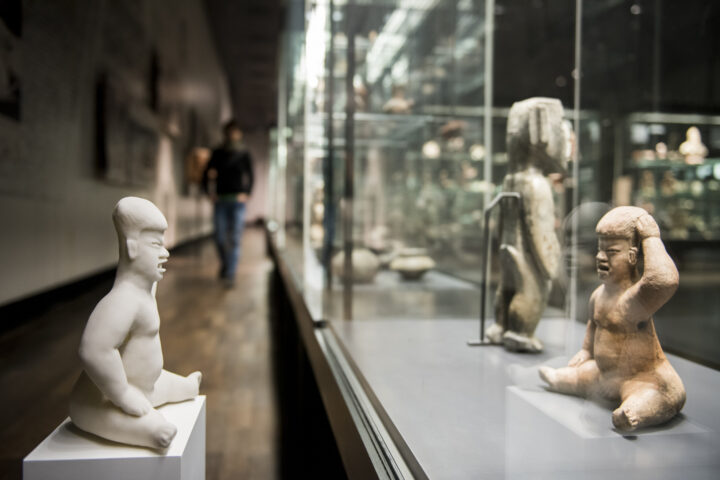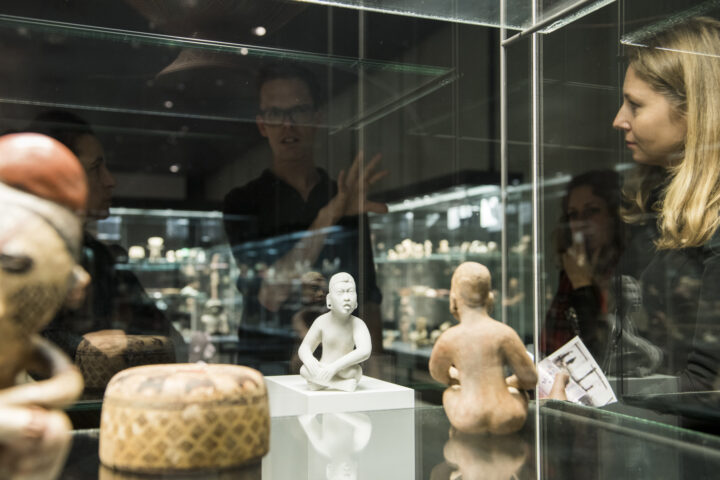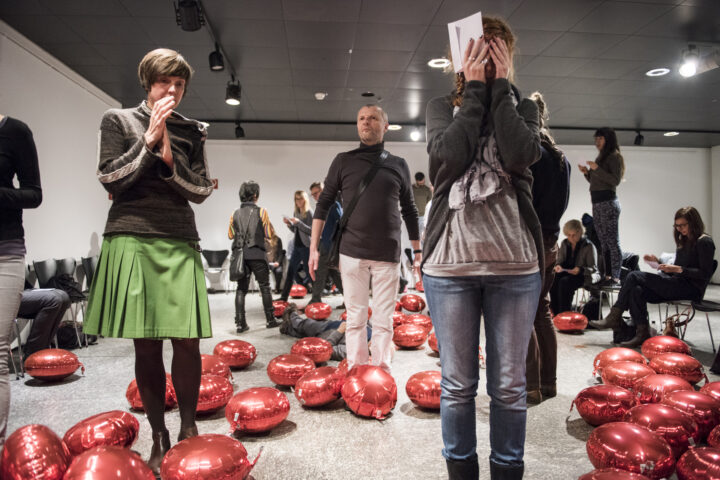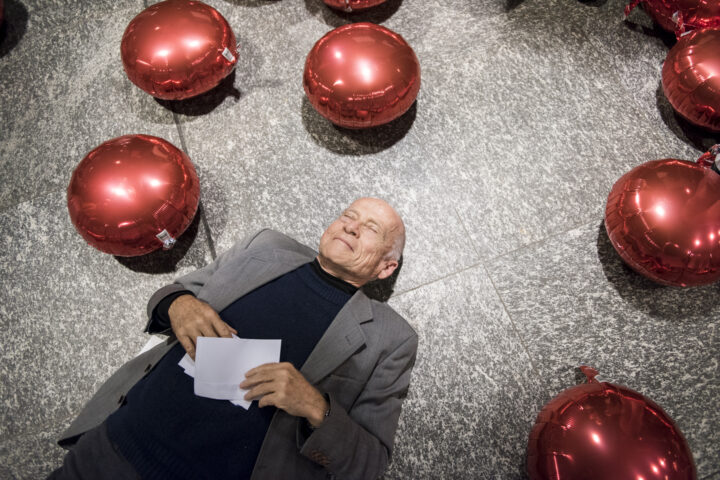While the concept of reenactment commonly designates the restaging of historical events in a way that seems to be as true-to-life as possible, a different discourse revolving around this concept has emerged in the performing arts in the past years. In dance and performance, it mainly describes the critical dealing with the possibility of reconstructing or reinterpreting central choreographic works of modernism. What is always at issue is the difference, the incomprehensible, the not-knowing.
Hence, Appropriations navigates between appropriation, reconstruction, reformulation, temporary addition and critical speculation. For the performativity of many of the objects in the collection lies in their potential use – whether in a ritual, in art or in everyday actions. In the language of performance theory they could be considered “performance remains.” Other objects give insights into the kinds of applied knowledge that have been lost: depictions and inscriptions serve as direct or indirect documentations or potential notations. How can one approach such lost acts in an artistic way, reconstruct or even reenact them?
Such approaches are by no means soft; they are not necessarily obliged to an alleged historical or cultural truth. They appropriate what is past and distant in order to simultaneously lend it a voice in the present and question it. The conflict and contradictoriness of appropriation is neither played down nor shunned.
Appropriations took place within an agonistic field of various artistic positions. The participants moved from lecture performances by Dorothea von Hantelmann, Ulf Aminde & Shi-Wei Lu, and Kapwani Kiwanga, through Alexandra Pirici’s immaterial addition to the collection, to the theatrical installation by Ant Hampton and Britt Hatzius, were confronted with famous forgeries in the collections depot, accompanied Yael Bartana on a trip to the Amazon and were themselves cast as performers with the choreography of deufert&plischke.
Production management Appropriations: Syelle Hase, Pamela Schlewinski
Managing Director Humboldt: Agnes Wegner
Thanks to Elena Agudio, Ulrike Folie, Romy Köhler, Bonaventure Soh Bejeng Ndikung
A production by Humboldt Lab Dahlem
Documentation

